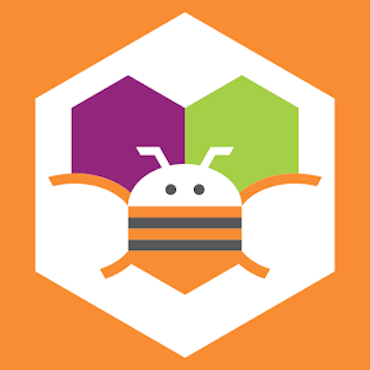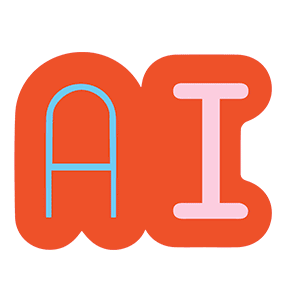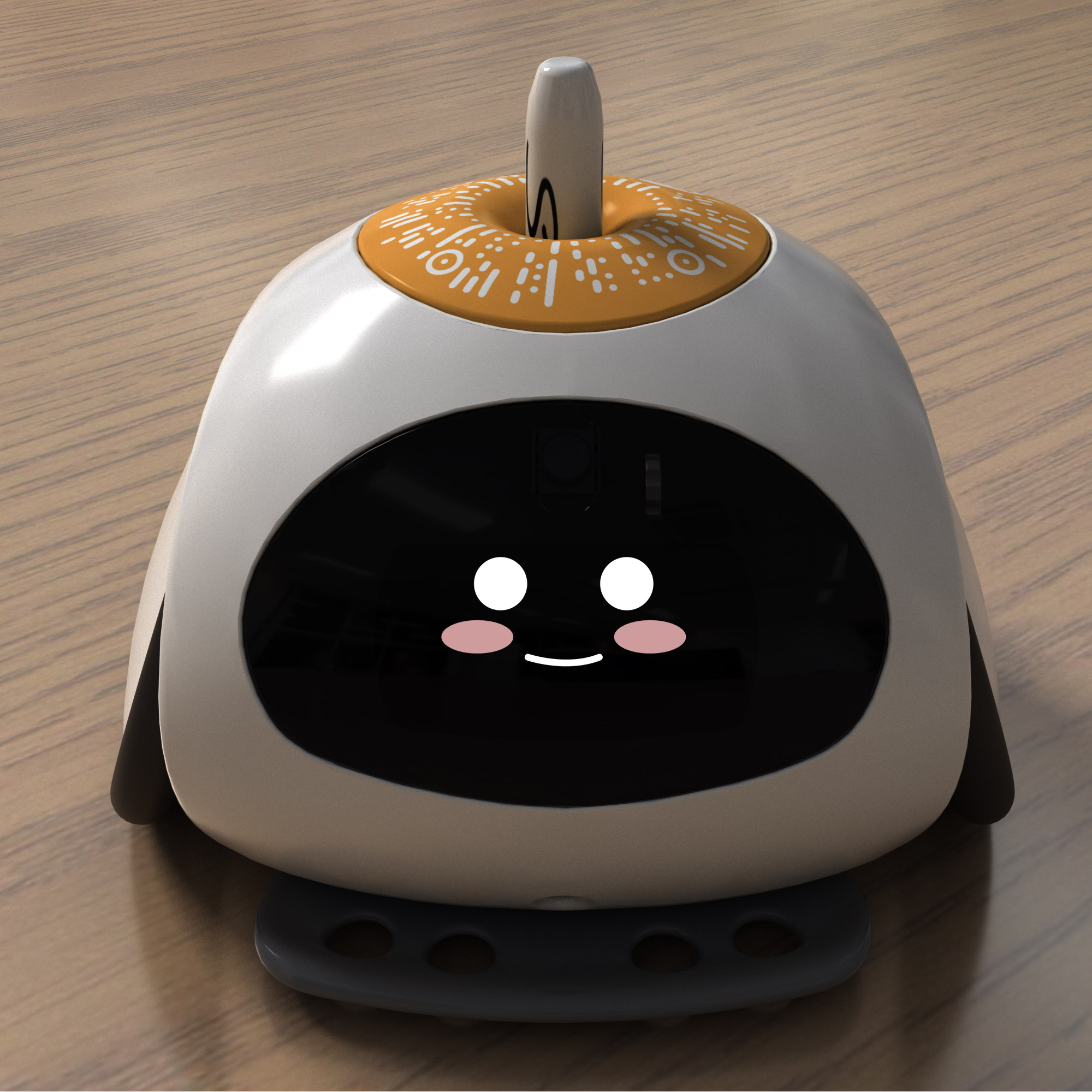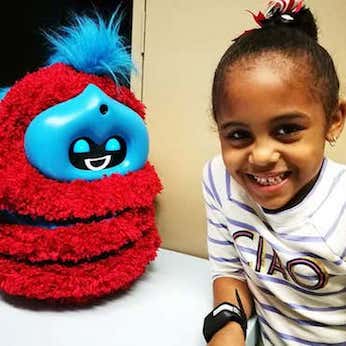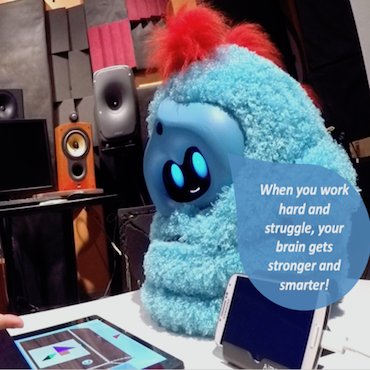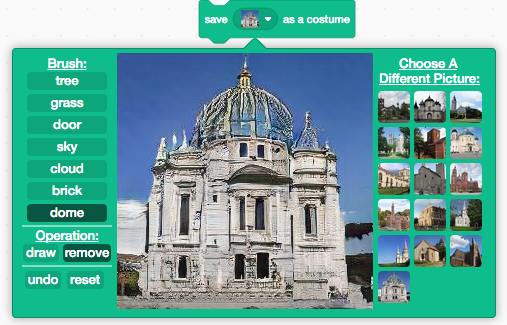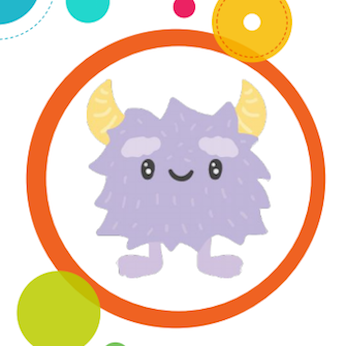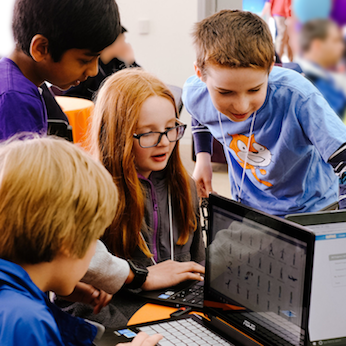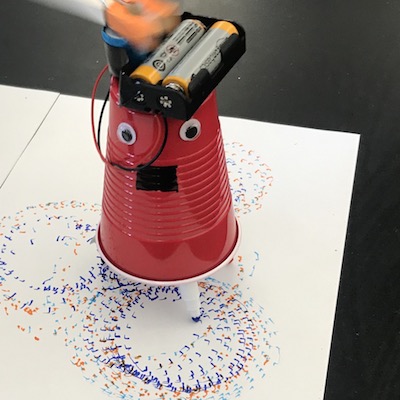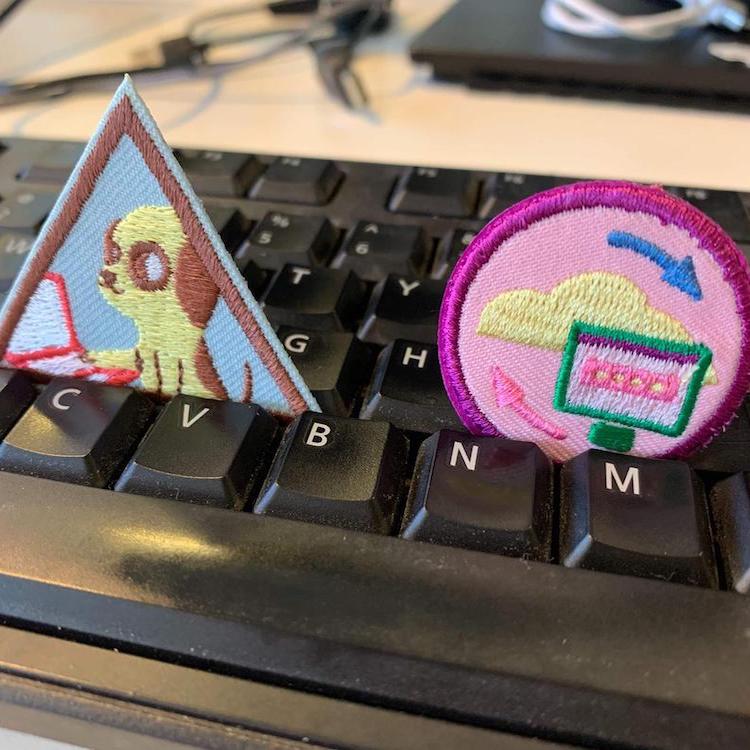Research Projects
We engage in multidisciplinary, iterative, and evidence-based research and development with diverse stakeholders to create new technologies, activities, practices and programs for real-world impact in homes, schools, afterschool programs and online communities. A list of publications for these projects can be found here.
Selected Publications
AI Education Peer-reviewed Research Articles and Preprints
Development of an Instructional Tool for Young Children to Learn AI
Ting-Chia Hsu, Hal Abelson, Natalie Lao, Yu-Han Tseng. (2021). Behavioral-Pattern Exploration and Development of An Instructional Tool for Young Children to Learn AI. Computers and Education: Artificial Intelligence, 100012..
Developing Middle School Students’ AI Literacy
Lee, I., Ali, S., Zhang, H., DiPaola, D., & Breazeal, C. (2021). Developing Middle School Students’ AI Literacy. Proceedings of the 52nd ACM Technical Symposium on Computer Science Education (SIGCSE’21)
How to Train Your Robot: Project-Based AI Education for Middle School Classrooms
Williams, R. (2021). How to Train Your Robot: Project-Based AI Education for Middle School Classrooms. Proceedings of the 52nd ACM Technical Symposium on Computer Science Education (SIGCSE’21).
Text Classification for AI Education
Reddy, T., Williams, R., & Breazeal, C. (2021). Text Classification for AI Education. Proceedings of the 52nd ACM Technical Symposium on Computer Science Education (SIGCSE’21).
The Contour to Classification game
Lee, I., & Ali, S. (2021). The Contour to Classification game. Proceedings of the 10th Symposium on Education Advances in Artificial Intelligence (EAAI ’21).
What are GANs?: Introducing Generative Adversarial Networks to Middle School Students
Ali, S., DiPaola, D., & Breazeal, C (2021). What are GANs?: Introducing Generative Adversarial Networks to Middle School Students. Proceedings of the 10th Symposium on Education Advances in Artificial Intelligence (EAAI ’21).
PoseBlocks: A Toolkit for Creating (and Dancing) with AI
Jordan, B., Devasia, N., Hong, J., Williams, R., & Breazeal, C (2021). PoseBlocks: A Toolkit for Creating (and Dancing) with AI. Proceedings of the 10th Symposium on Education Advances in Artificial Intelligence (EAAI ’21).
Teacher Perspectives on How to Train Your Robot, A Middle School AI and Ethics Curriculum
Williams, R., Kaputsos, S., & Breazeal, C (2021). Teacher Perspectives on How to Train Your Robot, A Middle School AI and Ethics Curriculum. Proceedings of the 10th Symposium on Education Advances in Artificial Intelligence (EAAI ’21).
K-12 Conversational Artificial Intelligence Literacy Curriculum and Development Tools
Jessica Van Brummelen, Tommy Heng, Viktoriya Tabunshchyk, (to appear 2021). Teaching Tech to Talk: K-12 Conversational Artificial Intelligence Literacy Curriculum and Development Tools. AAAI Symposium on Educational Advances in Artificial Intelligence (EAAI-21).
An Exploration of Machine Learning Interface Design
Jessica Van Brummelen, Kevin Weng, Phoebe Lin, Catherine Yeo, (2020). CONVO: What does conversational programming need? An exploration of machine learning interface design. IEEE Symposium on Visual Languages and Human-Centric Computing (VL/HCC).
Decoding Design Agendas: an Ethical Design Activity for Middle School Students
DiPaola, D., Payne, B.H., & Breazeal, C. (2020). Decoding Design Agendas: an Ethical Design Activity for Middle School Students. Proceedings of the Interaction Design and Children Conference (IDC 2020), 1—10.
Constructionism, Ethics, and Creativity: Developing Primary and Middle School Artificial Intelligence Education
Ali, S., Payne, B.H., Williams, R., Park, HW., & Breazeal, C. (2019). Constructionism, Ethics, and Creativity: Developing Primary and Middle School Artificial Intelligence Education. International Workshop on Education in Artificial Intelligence K-12 (EDUAI’19), 13381—13388.
Can Children Emulate a Robotic Non-Player Character’s Figural Creativity?
Ali, S., Park, HW., & Breazeal, C. (2020). Can Children Emulate a Robotic Non-Player Character’s Figural Creativity?. Proceedings of the Annual Symposium on Computer-Human Interaction in Play (CHI PLAY ’20).
Using Transfer Learning, Spectrogram Audio Classification, and MIT App Inventor to Facilitate Machine Learning Understanding
Bhatia, N. & Lao, N. (2020). Using Transfer Learning, Spectrogram Audio Classification, and MIT App Inventor to Facilitate Machine Learning Understanding. International Conference on Computational Thinking Education 2020 (CTE2020).
Experiences from Teaching Actionable Machine Learning at the University Level through a Small Practicum Approach
Lao, N., Lee, I., & Abelson, H. (2020). Experiences from Teaching Actionable Machine Learning at the University Level through a Small Practicum Approach. International Conference on Computational Thinking Education 2020 (CTE2020).
Escape!Bot: Child-Robot Interaction to Promote Creative Expression During Gameplay
Devasia, N., Ali, S., & Breazeal, C. (2020). Escape!Bot: Child-Robot Interaction to Promote Creative Expression During Gameplay. Extended Abstracts of the 2020 Annual Symposium on Computer-Human Interaction in Play (CHI PLAY ’20 EA).
Engaging Teachers to Co-Design Integrated AI Curriculum for K-12 Classrooms
Jessica Van Brummelen, Phoebe Lin, (2020 in submission). Engaging Teachers to Co-Design Integrated AI Curriculum for K-12 Classrooms..
Designing AI Learning Experiences for K-12
Xiaofei Zhou, Jessica Van Brummelen, Phoebe Lin (2020 in submission). Designing AI Learning Experiences for K-12: Emerging Works, Future Opportunities and a Design Framework..
CONVO: What does conversational programming need?
Van Brummelen, J., Weng, K., Lin, P., & Yeo, C. (2020). CONVO: What does conversational programming need?. 2020 IEEE Symposium on Visual Languages and Human-Centric Computing (VL/HCC), 1-5.
Zhorai: Designing a Conversational Agent for Children to Explore Machine Learning Concepts
Lin, P., Van Brummelen, J., Lukin, G., Williams, R. & Breazeal, C. (2020). Zhorai: Designing a Conversational Agent for Children to Explore Machine Learning Concepts. Proceedings of the AAAI Conference on Artificial Intelligence 34, 13381—13388.
Teaching and learning with children: Impact of reciprocal peer learning with a social robot on children’s learning and emotive engagement
Chen, H., Park, HW., & Breazeal, C. (2020). Teaching and Learning with Children: Impact of Reciprocal Peer Learning with a Social Robot on Children’s Learning and Emotive Engagement. Computers & Education, 150(8).
Impact of Interaction Context on the Student Affect-Learning Relationship in Child-Robot Interaction
Chen, H., Park, HW., Zhang, X., & Breazeal, C. (2020). Impact of Interaction Context on the Student Affect-Learning Relationship in Child-Robot Interaction. Proceedings of the 2020 ACM/IEEE International Conference on Human-Robot Interaction, 389–397.
PIC: A Personal Image Classification Webtool for High School Students
Tang, D., Utsumi, Y., & Lao, N. (2019). PIC: A Personal Image Classification Webtool for High School Students. Proceedings of the 2019 IJCAI EduAI Workshop.
A Deep Learning Practicum: Concepts and Practices for Teaching Actionable Machine Learning at the Tertiary Education Level
Lao, N., Lee, I., & Abelson, H. (2019). A Deep Learning Practicum: Concepts and Practices for Teaching Actionable Machine Learning at the Tertiary Education Level. IATED2019 Proceedings (12th International Conference of Education, Research and Innovation).
Design of a Virtual Tool for Estimating Vocabulary Acquisition through Reading
Ovienmhada, U., Lao, N., & Van Brummelen, J. (2019). Design of a Virtual Tool for Estimating Vocabulary Acquisition through Reading. 2019 International Conference of Education, Research and Innovation (ICERI), 7724-7732.


